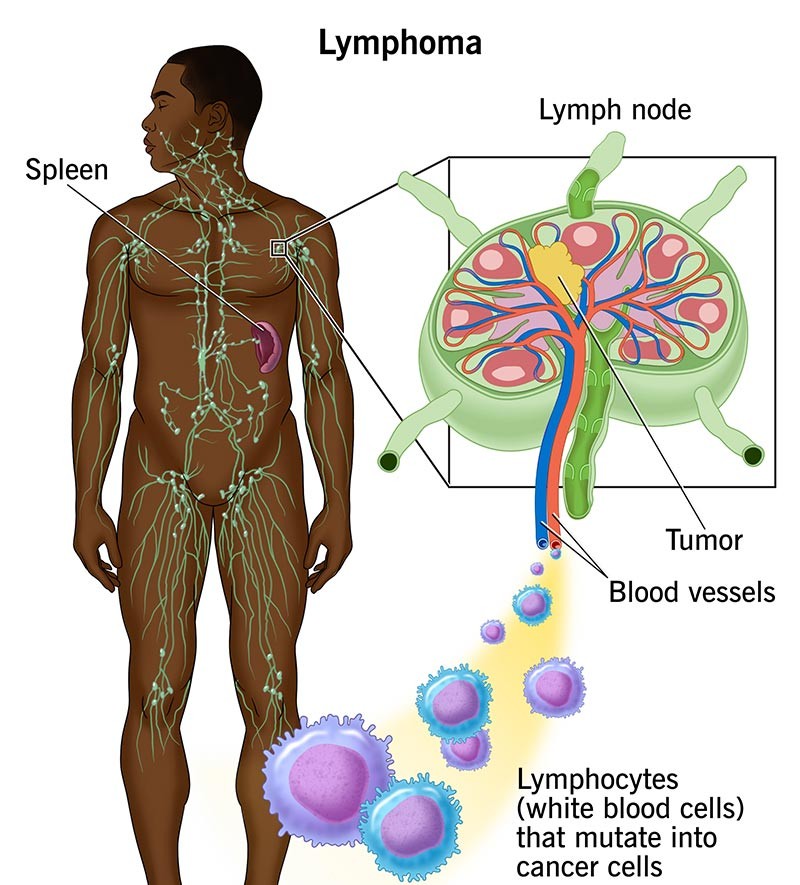
Lymphomas
Department: Oncology
Estimated Cost : $1200 - $2500
No Hospitals Available for this Treatment
Unfortunately, there are no hospitals currently offering this treatment. Please check back later for updates.
No Doctors Available for this Treatment
Unfortunately, there are no doctors currently offering this treatment. Please check back later for updates.
What is lymphoma?
“Lymphoma” is the general term for cancer in your lymphatic system — the network of tissues, vessels and organs that help your body fight infection. It’s considered a blood cancer because the condition starts in white blood cells (lymphocytes) in your lymphatic system.
There are two main lymphoma categories — Hodgkin lymphoma and non-Hodgkin lymphoma — and more than 70 lymphoma subtypes. Lymphomas can be aggressive (fast-growing) or indolent (slow-growing). Often, treatment can put lymphoma into remission or cure it. Children, teenagers and adults may develop lymphoma. This article focuses on lymphomas that affect adults.
Is lymphoma a common illness?
No, lymphoma isn’t common. The American Cancer Society estimates 89,000 people in the U.S. will be diagnosed with lymphoma in 2023. For comparison, 236,740 people in the U.S. will receive a lung cancer diagnosis in 2023.
Who is affected by lymphoma?
Non-Hodgkin typically affects ages 60 to 80. It’s more common in men than in women.
Hodgkin lymphoma may affect people between the ages of 20 to 39 and at or over age 65. Men are slightly more likely to develop Hodgkin lymphoma than women.
Symptoms and Causes
What are common lymphoma symptoms?
Many lymphoma symptoms are like symptoms of other, less serious diseases. Having these symptoms doesn’t mean that you have lymphoma. But you should consider talking to a healthcare provider whenever you have changes in your body that don’t go away within a few weeks.
Symptoms common to Hodgkin lymphoma and non-Hodgkin lymphoma can include:
- Painless swelling of one or more lymph nodes in your neck, armpits or groin that doesn’t go away within a few weeks.
- Persistent fatigue, when you feel very tired day after day even after getting enough sleep.
- Fever stays above 103 degrees Fahrenheit (39.5 degrees Celsius) for more than two days, or a fever that comes back.
- Drenching night sweats, sweating that are so intense that you wake up to find your pajamas and sheets soaking wet.
- Shortness of breath (dyspnea), when you feel as if you can’t get enough air in your lungs.
- Unexplained weight loss, when you’ve lost 10% of your total body weight over six months without dieting or exercise.
What causes lymphoma?
Lymphoma happens when the white blood cells in your lymphatic system change (mutate) into rapidly growing cancer cells that don’t die. Like most cancers, the majority of the genetic mutations that cause lymphoma happen spontaneously, without an identifiable cause. But research suggests the following conditions or issues may increase your risk of developing lymphoma:
- You have or have had viruses including HIV (human immunodeficiency virus), Epstein-Barr (mononucleosis) and Kaposi sarcoma human immunodeficiency virus.
- You have a family history of lymphoma.
- Your immune system is weakened by other conditions or medical treatments. For example, people who have organ transplants take immunosuppressant medication to keep their bodies from rejecting the transplanted organ.
- You have an autoimmune disease. An autoimmune disease happens when your immune system accidentally attacks your body instead of protecting it.
Diagnosis and Tests
How is lymphoma diagnosed?
Healthcare providers diagnose lymphoma by doing physical examinations to evaluate potential lymphoma symptoms and biopsies to obtain tissue for examination by a medical pathologist. If laboratory tests show signs of lymphoma, providers may do certain blood and imaging tests to learn more about your condition and to plan treatment.
Blood tests
- Complete blood count (CBC) with differential to analyze different types of white blood cells.
- Erythrocyte sedimentation rate (ESR) to detect inflammation that may be a sign of lymphoma.
- Lactate dehydrogenase (LDH) to detect large amount of cell “turnover” or growth/death.
- Liver and kidney function tests.
- Serum protein electrophoresis (SPEP) to evaluate monoclonal proteins (M proteins), which are abnormal proteins that your plasma cells produce.
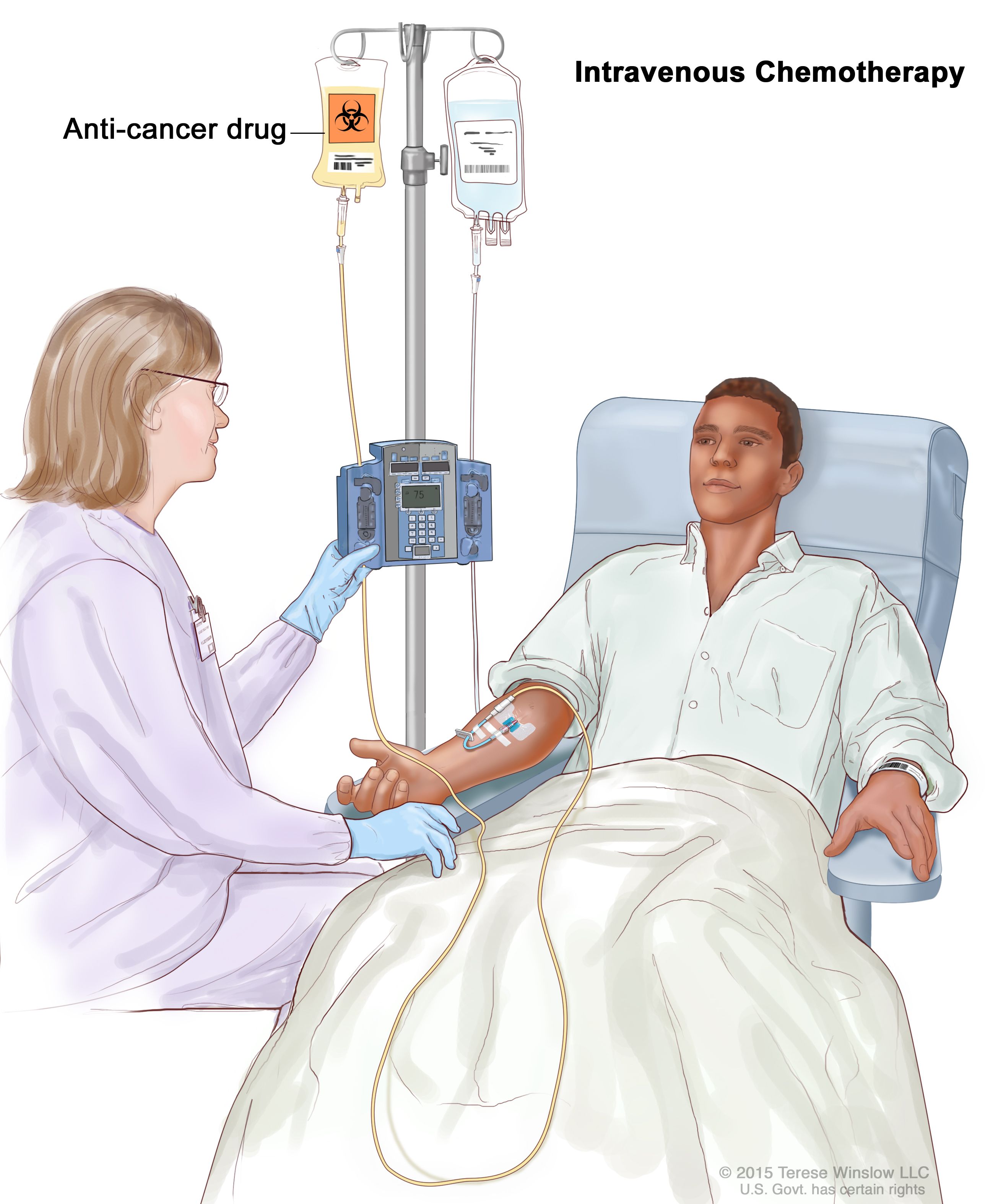
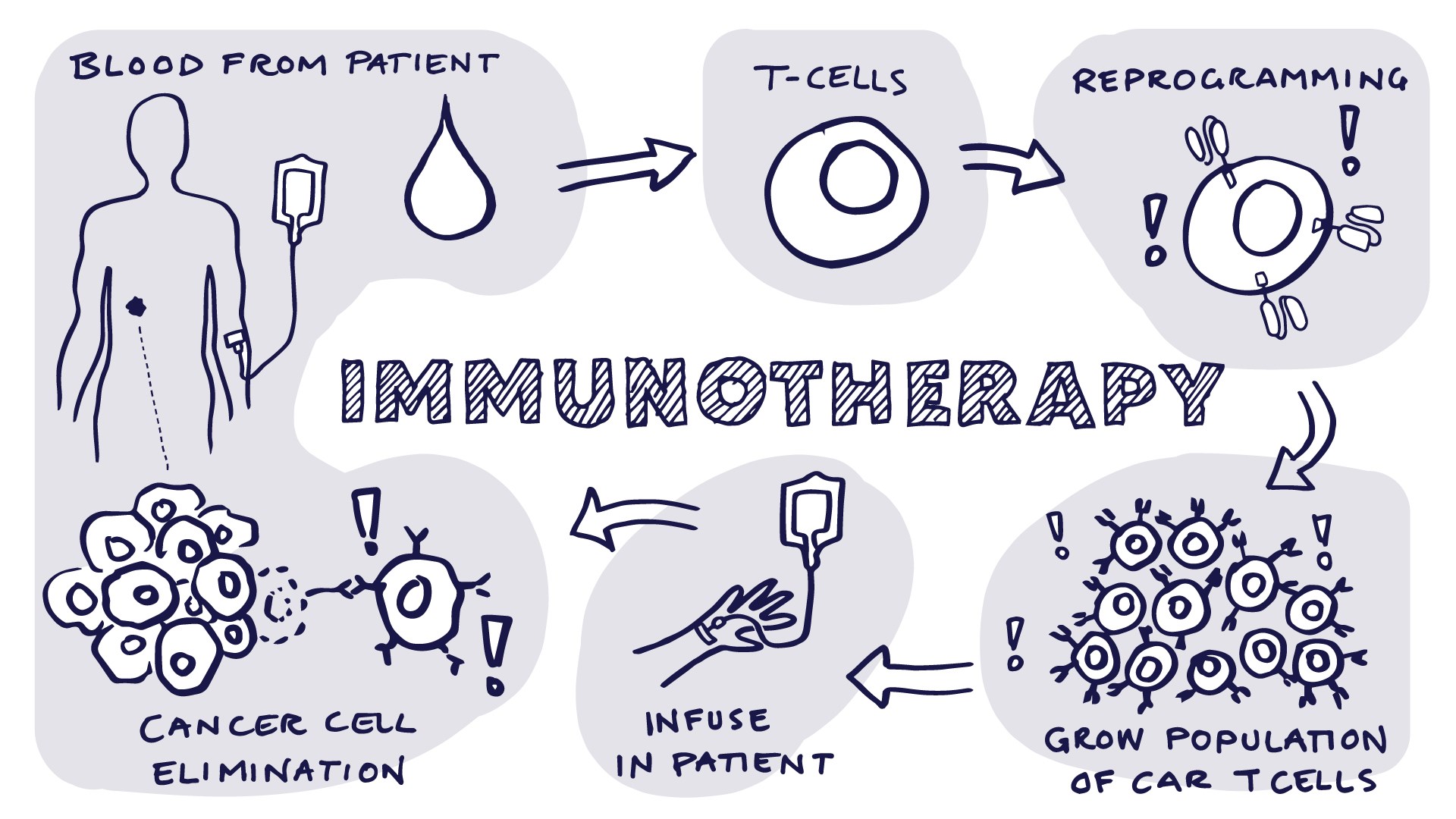
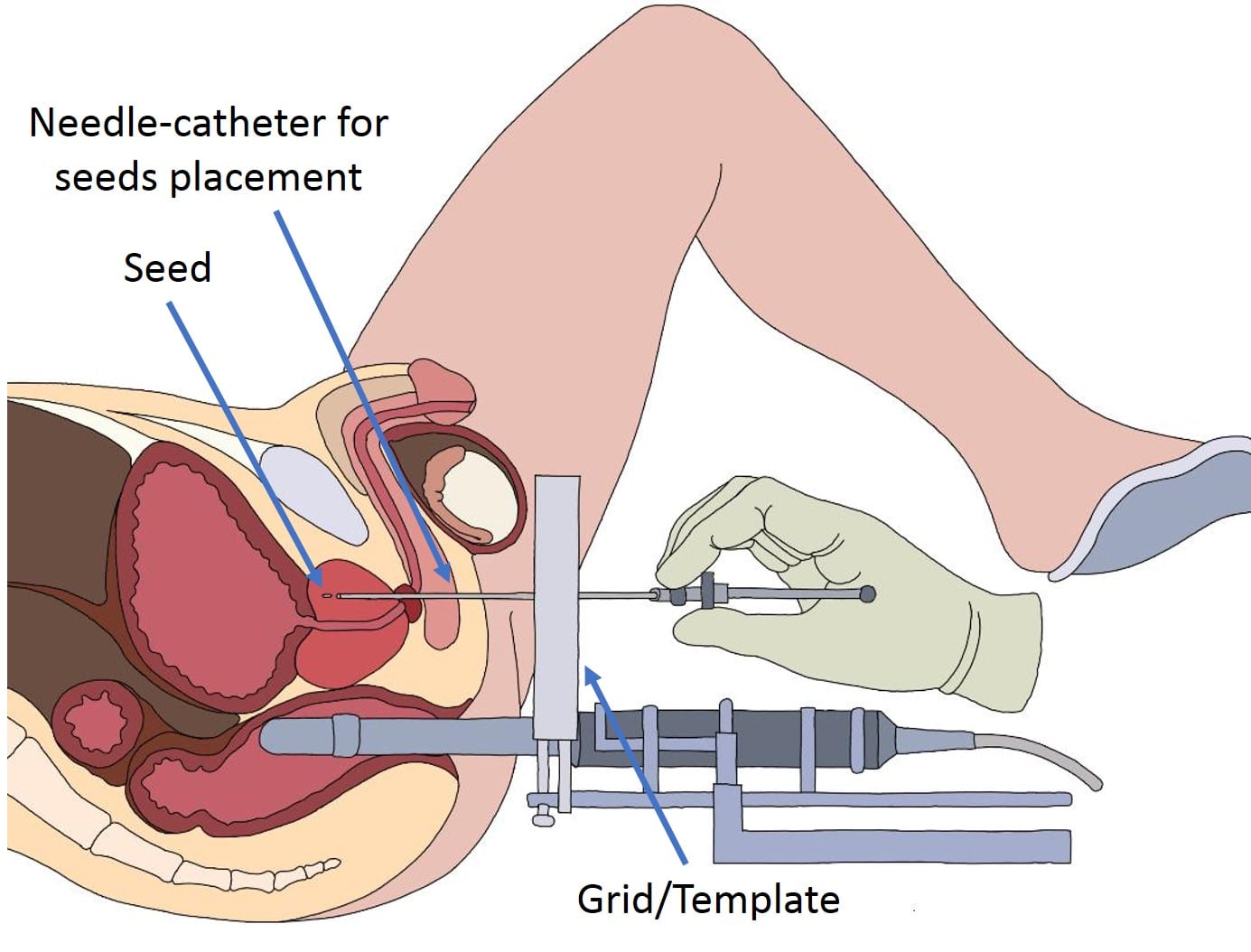
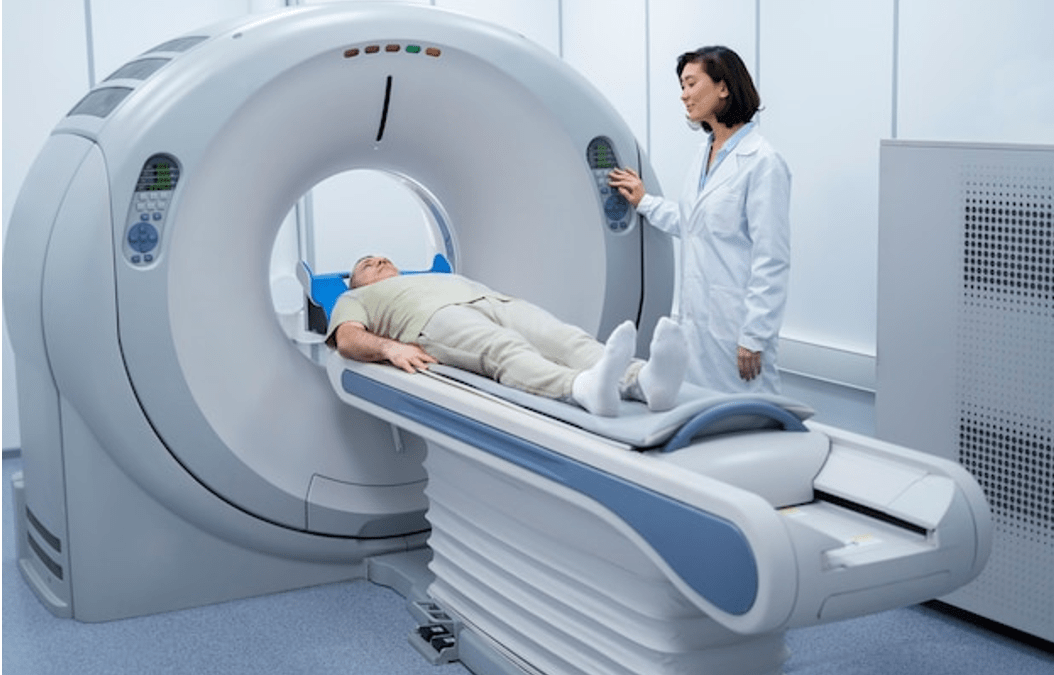
 Get an Opinion
Get an Opinion
